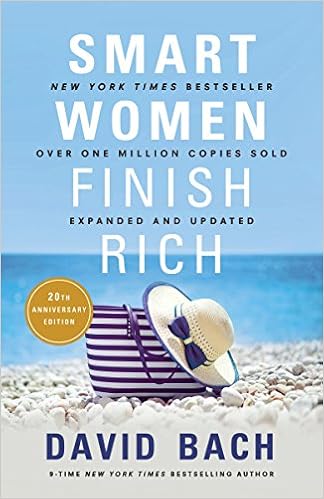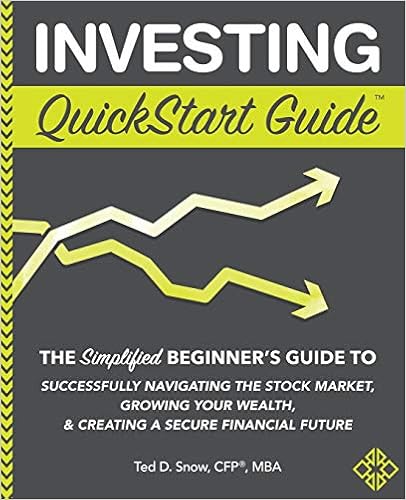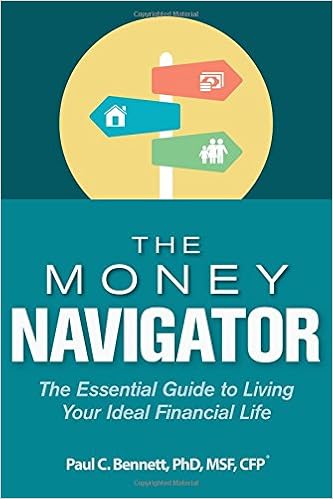Getting your financial house in order is a New Year's resolution for many, and lots of authors are willing to help you do so. I'm looking through my NetGalley shelf and have found several books I acquired with the idea of reviewing them on my now-dead financial planning blog: Racing Towards Retirement. I lost my enthusiasm for that topic, and blogging in general until recently, and I've chosen to review the books here, rather than there, because people actually read this blog. None of these are new to the market but you could learn something from all of them.
About the Book:
A perennial bestseller for over two decades, now Bach returns with a completely updated, expanded and revised edition, Smart Women Finish Rich, to address the new financial concerns and opportunities for today's women.
Whether you are just getting started in your investment life, looking to manage your money yourself, or work closely with a financial advisor, this book is your proven roadmap to the life you want and deserve.
With Smart Women Finish Rich, you will feel like you are being coached personally by one of America's favorite and most trusted financial experts. The Smart Women Finish Rich program has helped millions of women for over twenty years gain confidence, clarity and control over their financial well-being--it has been passed from generations to generation -- and it now can help you.
My Comments:
While marketed to women, this book has good advice for men too. It is written in a chatty, conversational style that is both encouraging and challenging. David Bach encourages readers to put their money where their values are, to take stock of where they are, to work at getting rich in small increments, and to teach their children about finances. He gives a basic overview on investing and talks about how taxes figure into everything. He encourages readers to not only save money and invest, but also to make more money--to ask for the raise, to leave jobs that don't pay well. If you don't have a financial plan for your life and know little about investing, this book is a good place to start. Grade: B+
My Comments:
I usually paste in the book blurb but in this case it is huge, so I'm just going to tell you that if you know nothing at all about investing this is a good place to start. The writing style is much more blog post than college economics text book, but Ted Snow covers all the basic terms you see when you look up stocks such as market capitalization, p.e. ratio and free cash flow. He discusses stocks, bonds, options and more and tells you how you can make money on them--and why you might not. The book includes eye-catching graphics.
I doubt there is anything in this book that most experienced educated investors don't know--and really, that's a good thing. He doesn't share any secret formula or tell you that if you only _____ then you are guaranteed to have a gain of X%. However, if you don't know the difference between and ETF and an option, this is the book for you. Grade: B+
About the Book:
In 2010, 24-year old Grant Sabatier woke up to find he had $2.26 in his bank account. Five years later, he had a net worth of over $1.25 million, and CNBC began calling him "the Millennial Millionaire." By age 30, he had reached financial independence. Along the way he uncovered that most of the accepted wisdom about money, work, and retirement is either incorrect, incomplete, or so old-school it's obsolete.
Financial Freedom is a step-by-step path to make more money in less time, so you have more time for the things you love. It challenges the accepted narrative of spending decades working a traditional 9 to 5 job, pinching pennies, and finally earning the right to retirement at age 65, and instead offers readers an alternative: forget everything you've ever learned about money so that you can actually live the life you want.
My Comments:
Grant Sabatier uses himself as Exhibit "A" on how to turn your financial life around . He gives pretty standard career advice about making sure you are paid what you are worth, learning all you can not only about your job but the jobs of others as well, and not being afraid to change jobs when necessary He advises that you get a side-hustle of some sort and then gives some very basic investing advice.
I'd say the strength of the book is the advice on how to handle your main job and how to acquire a profitable side hustle. The other financial information is pretty basic--but then lots of people need basic. Grade: B
About the Book:
The road to financial well-being is complex. En route, you face an overwhelming variety of complicated choices--from deciding which job to take to determining how best to spend or save--that can impact your financial life in ways that are often difficult to predict.
Author Paul Bennett knows there is no decision that is not connected to your financial well-being. With over twenty-five years of experience, as a CERTIFIED FINANCIAL PLANNER(TM) professional he also knows that navigating those decisions doesn't have to be so hard. The Money Navigator examines:
- Key insights into human economic behavior
- Reasons why investors make poor decisions
- Why financial and insurance products are so misunderstood
- How a Money Navigator--a full-scale CFP(R)--can help you invest well and manage your financial life with ease.
With fresh insights and real-life examples backed up by in-depth research, each chapter of The Money Navigator offers you practical takeaways for you particular situation, whether you find yourself on the cusp of retirement, are already retired, or are facing a life transition. Bennett's expert navigation and advice propels you toward the life you always imagined and equips you with the tools to attain your goals.
My Comments:
The strength of the book is the way it asks you to look at how you make decisions and points out how that process may not be in your best interest.
While there is basic investment and financial planning information, it is pretty basic.
Unfortunately, much of the book sounds like an ad for a financial planner. Grade: B-




These sound like interesting books.
ReplyDelete